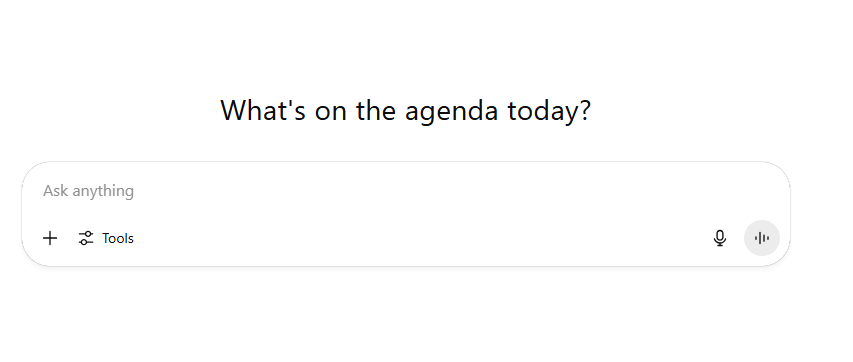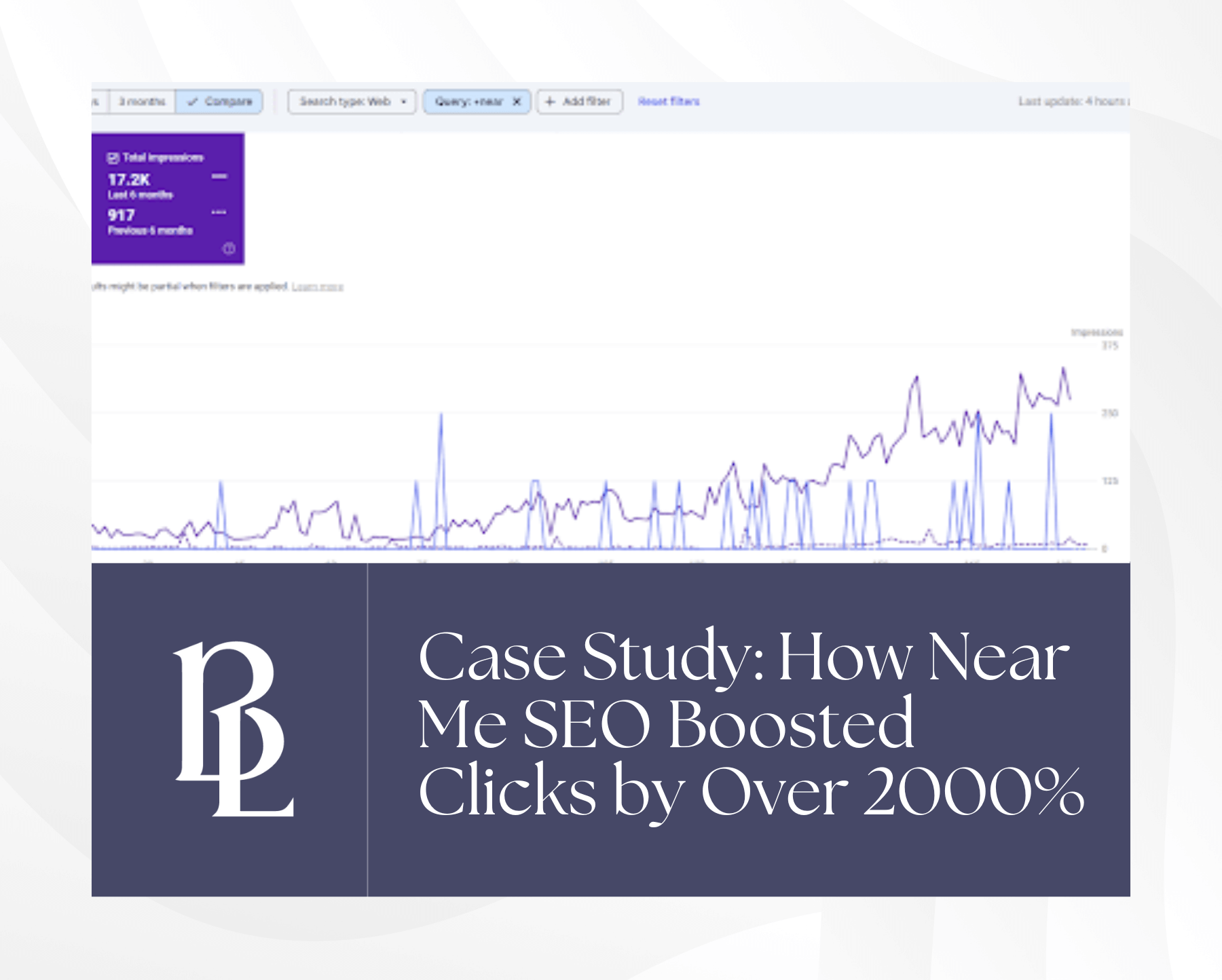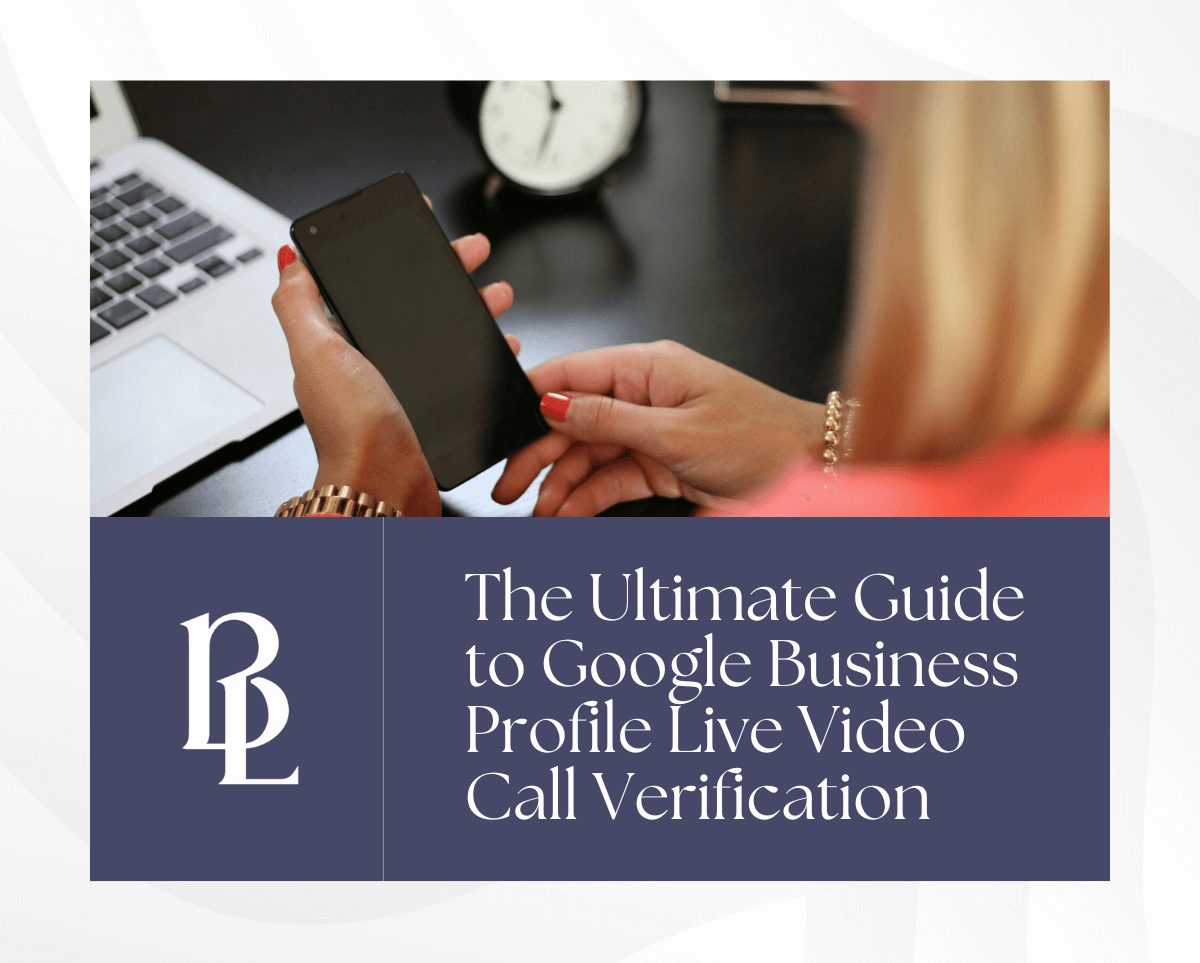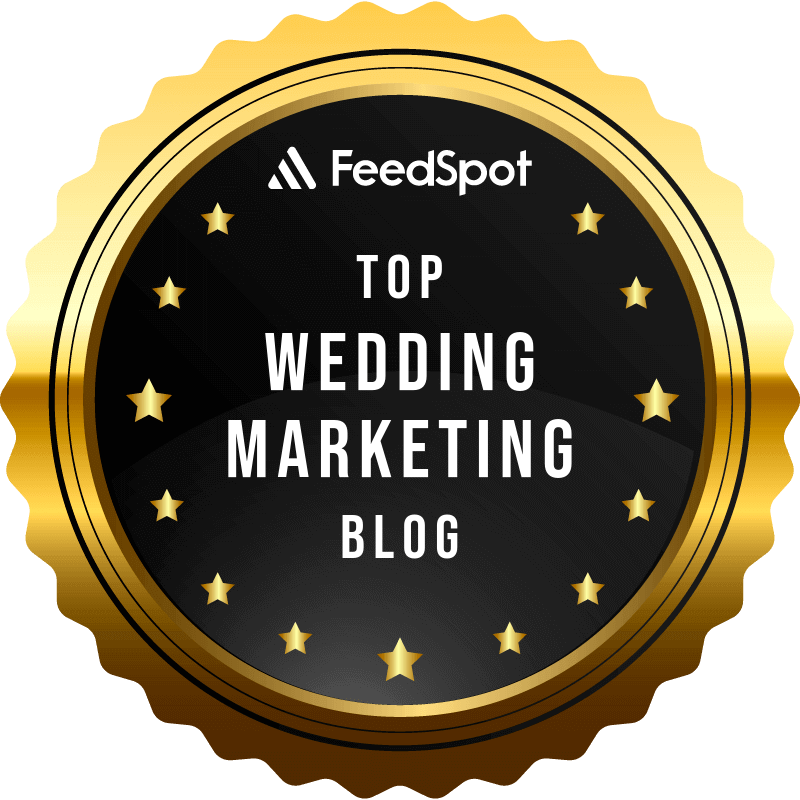How to Rank on ChatGPT: What Wedding Vendors Need to Know About AI
by Brian Lawrence
As artificial intelligence becomes more integrated into how people search for information, wedding vendors are facing a major shift in how couples find and evaluate businesses. Tools like ChatGPT and Microsoft’s Bing Copilot are changing the traditional search experience, providing direct, conversational answers to planning questions without requiring users to scroll through a list of websites.
This shift presents both challenges and opportunities. Instead of relying solely on search engine rankings, vendors must now consider how to appear in AI-generated responses. This means rethinking your content strategy, digital presence, and how your business is represented online. Whether you’re a wedding planner, DJ, florist, photographer, or venue, your online visibility now depends on more than keywords and backlinks; it depends on how well AI understands and trusts your brand.
In this article, we’ll explore what it takes to rank in ChatGPT and Bing, how to position your business as an authoritative source, and how to make sure your name comes up when couples ask AI who the best wedding vendors are.
Table of Contents
Why Ranking in ChatGPT is Important
Why Ranking in ChatGPT is Important
ChatGPT, built by OpenAI, has quickly become a go-to tool for information. From wedding budgets to vendor recommendations, couples are using conversational AI to simplify their planning process. And with Microsoft’s Bing search engine now powered by ChatGPT, AI is deeply embedded in how many users receive answers, even if those users don’t realize it.
This changes how and where your business needs to appear. You may have spent years optimizing your site for Google, but if ChatGPT can answer a user’s question without directing them to you, your visibility suffers.
In short, if you’re not part of the AI’s answer, you may no longer be part of vendors that couples can consider.
How Wedding Vendors Can Show Up in ChatGPT Responses
Build a Recognizable Brand
One of the key ways AI determines which businesses to include in its responses is through brand recognition. ChatGPT looks at patterns from across the web (brand searches, mentions, links, and reviews) to determine which vendors are most credible and talked about.
The more recognizable your business is, the more likely AI is to reference you.
Actionable steps for wedding vendors:
- Encourage happy couples to search for your business name before or while leaving a review.
- Maintain consistent listings on Google Business, Bing Places, The Knot, WeddingWire, Zola, and other wedding directories.
- Get featured in local blogs, “Best of” vendor lists, or wedding roundups. These are strong indicators of authority for AI.
- Use your full business name consistently across your blog posts, social media content, and website copy to reinforce your brand identity.
Think of your brand not just as a logo or tagline, but as a signal to both couples and algorithms that you’re a trusted part of the wedding landscape.
Create Deep, Experience-Driven Content
AI doesn’t rely on surface-level marketing fluff. It’s trained to pull information from authoritative, detailed, and helpful sources. That means your content should prove, not just tell, why you’re experienced.
Here are some examples:
- A wedding planner might write: “The 7 Timeline Mistakes I See Couples Make—And How We Fix Them in Real Time.”
- A florist could create a visual blog post: “Spring vs. Summer Wedding Flowers: What Survives the Heat (and What Doesn’t).”
- A DJ might publish a guide: “How to Read a Dance Floor: Lessons from 300+ Receptions.”
This isn’t just helpful to couples. It also teaches AI that you are a subject matter expert, worthy of being quoted.
Get Specific with Location and Language
Vague descriptions won’t help you stand out. You need to speak in clear, specific terms that align with how couples search and how AI understands.
Instead of writing:
“We’re an award-winning photographer.”
Try:
“We’re a documentary-style wedding photographer based in Charlotte, North Carolina, specializing in garden and winery weddings.”
Be detailed. Include your location, your specialties, and any notable experience. This specificity enables ChatGPT to match your business to real-world questions accurately.
Format Content So AI Can Read It Easily
ChatGPT is trained on structured content. That means well-organized blog posts, clear headers, bullet points, FAQs, and concise answers are easier for the AI to parse.
Content formatting tips:
- Use H2 and H3 headers to break up content.
- Include FAQs on your service and blog pages, and consider a dedicated FAQ page.
- Provide list-style articles like:
- “10 Questions to Ask Before Booking a Wedding Venue”
- “5 Must-Have Photos for Your Rainy Wedding Day”
- Add schema (especially LocalBusiness, Review, or FAQ) to boost AI comprehension, which increases credibility.
Clean, well-structured formatting not only enhances the user experience but also increases the likelihood that AI will accurately quote your content in a generated response.
Headers Explained
Webpage headers are the titles and subtitles you see on a website page. They help organize the content so it’s easier to read and understand.
Think of a webpage like a book:
The main header (called an H1) is like the book title. It tells you what the whole page is about.
The sub-headers (H2, H3, and so on) are like chapter titles or section headings. They break the page into smaller parts, so you can quickly find what you’re looking for. Headers don’t just help people. They also help search engines (like Google) understand what’s on the page, so your website can show up in search results more easily.
Encourage Online Mentions and Reviews
ChatGPT references businesses with a strong digital reputation. That includes Google reviews, wedding directory reviews, and third-party mentions in blogs or articles.
What you can do:
- Consistently ask for reviews after each event, especially on platforms like Google, The Knot, WeddingWire, and Zola.
- Respond to reviews professionally. This adds trust and tells AI that your business is active.
- Contribute guest posts to local wedding blogs or submit styled shoots for publication. Even one mention in a reputable blog can strengthen your authority footprint.
How to Get Set Up on Bing
While Google remains dominant, Microsoft’s Bing search engine is directly integrated with ChatGPT, making it one of the fastest ways to get your business included in AI-assisted answers.
Here’s how to make sure you’re visible in Bing:
Step 1: Claim Your Bing Places Listing
Similar to Google Business, Bing provides a free listing platform to help businesses appear in local search results.
- Go to www.bingplaces.com
- Sign in with a Microsoft account.
- Search for your business; if it exists, claim it. If not, create a new listing.
- Add your correct name, business category (e.g., Wedding Photographer, Wedding DJ), location, contact info, hours, website, and high-quality photos.
This step alone increases your visibility in Bing and its AI-powered features.
Step 2: Set Up Bing Webmaster Tools
Bing Webmaster Tools enables you to monitor your site’s performance, submit your sitemap, and verify that Bing is indexing your content accurately.
- Visit www.bing.com/webmasters
- Create or sign in to your account.
- Verify ownership of your website.
- Submit your sitemap (usually found at yourdomain.com/sitemap.xml).
Doing this ensures Bing has access to your latest content and knows what your site is about, which helps your ranking and AI discoverability.
Step 3: Optimize for Bing’s Ranking Factors
Bing’s algorithm differs slightly from Google’s and tends to reward certain things more strongly:
- Clear, keyword-rich content: Bing still values traditional keyword use more than Google.
- Strong backlinks: Get mentioned or linked to from wedding blogs, directories, or the press.
- Multimedia: Bing highlights video and images more prominently in search results.
If your website includes real wedding galleries, behind-the-scenes video content, or drone footage of your venue, this can enhance your visibility on Bing and its AI integrations.
Be the Name Couples Remember
AI is changing how people interact with information, but it’s not eliminating the need for trust, emotion, or human connection. When couples ask ChatGPT for the “best wedding venues in New Jersey” or “top DJs for luxury weddings in Atlanta,” they’re still looking for someone who feels right.
Your goal isn’t just to show up in the answer. It’s to be the business that resonates.
This means maintaining a consistent voice across your content, telling real stories, and creating an online presence that reflects your values and professionalism. AI may make the recommendation, but the couple still chooses you. You can reinforce by having superlative key words, including “top” or “best.”
The Industry Is Evolving, But So Can You
The rise of AI search doesn’t have to be a threat to wedding professionals. Yes, the tools have changed. But the foundation is the same: couples are still looking for someone they can trust to make their wedding unforgettable. Your job is to make sure they can find you, whether they’re asking Google, ChatGPT, or Bing.
By creating helpful content, building a visible brand, and showing up where AI pulls its answers, you position yourself not just to survive this shift but to thrive.
Want personalized help getting your wedding business to rank in AI and search results?
Set up a free 30-minute consultation here.










